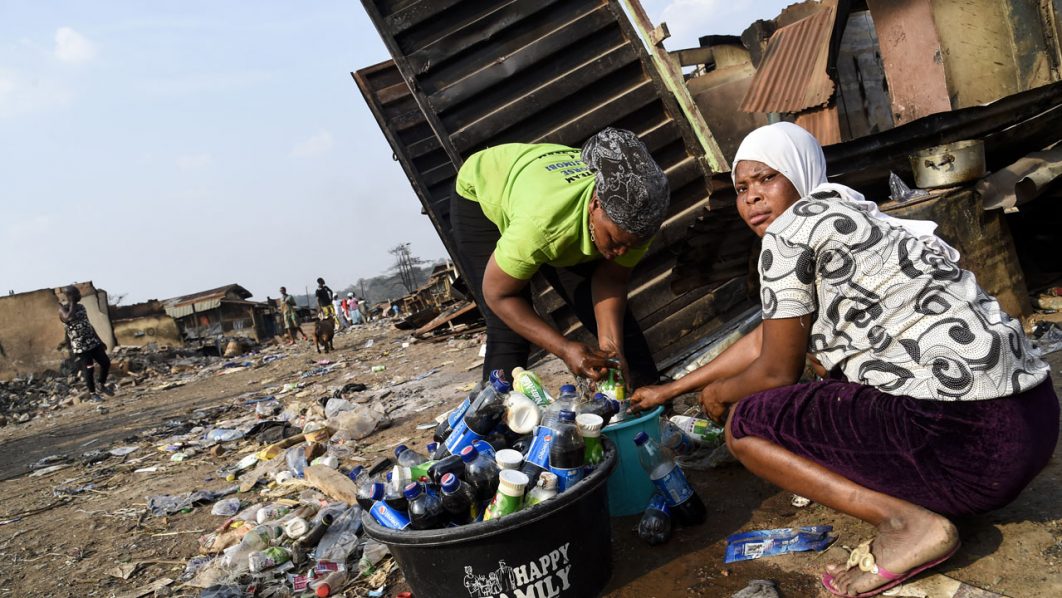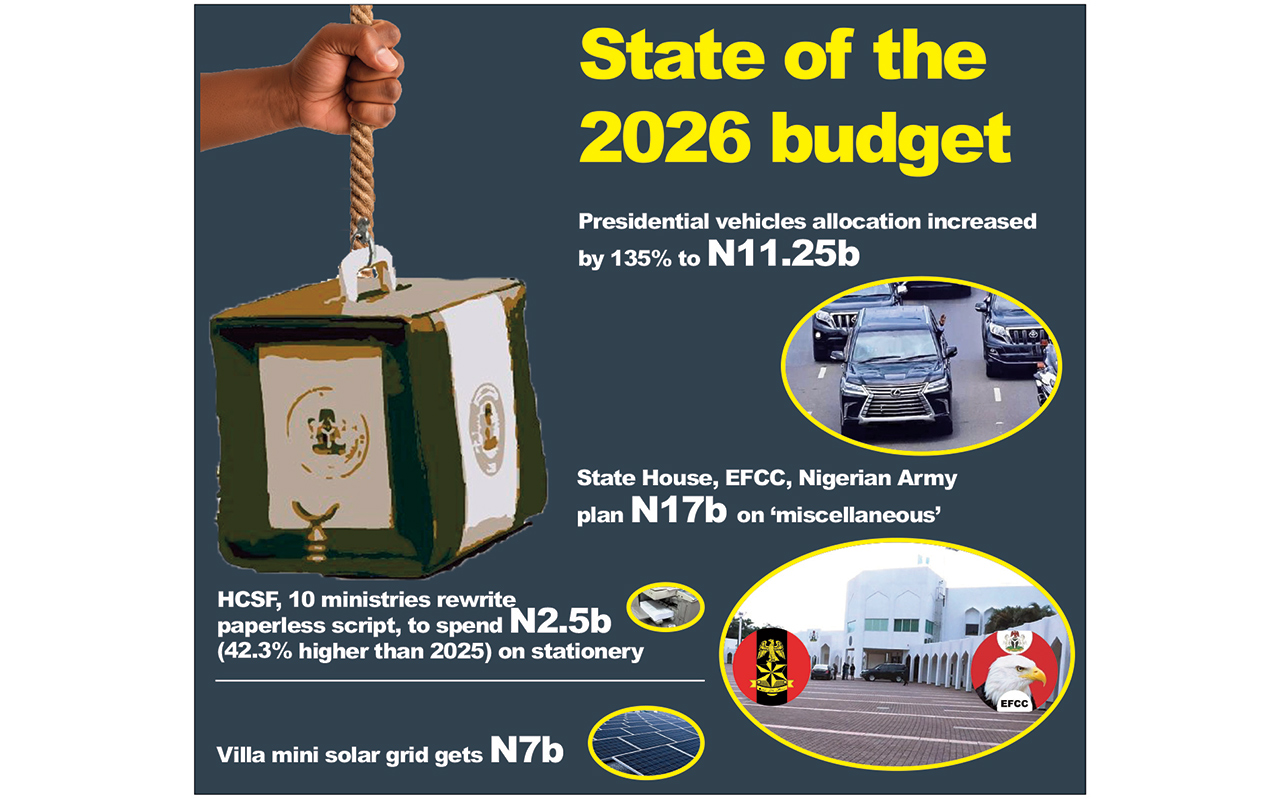
Open defecation is a critical public health issue affecting many communities across Nigeria. Lagos State is not an exception. Despite the state’s rapid urbanization and economic growth, inadequate sanitation facilities continue to pose significant challenges. Recent initiatives, particularly the “Clean Nigeria: Use the Toilet” campaign, underscore the urgency of addressing this problem and outline a pathway toward eliminating the scourge of open defecation.
During the flag-off of the Clean Lagos” Use the Toilet Campaign” in Ojo Local Government / Iba LCDA and Otto Awori LCDA, held on the 26th of April, 2024, at Ojo Multipurpose Hall, Ojo Local Government, the Lagos State Government reaffirmed its commitment to eradicating open defecation by 2025.
This initiative, supported by the Federal Ministry of Water Resources, UNICEF, and various partners, aims to foster a culture of proper sanitation across communities in Lagos State. The government called for collaborative efforts among various stakeholders—government agencies, community leaders, and residents—to establish clean and accessible toilet facilities in neighborhoods, schools, and public spaces. Such collective action has the potential to transform Lagos into a healthier environment free from open defecation.
The campaign has already made significant progress, covering ten local government areas, with plans to extend its reach throughout the state by year’s end. Focusing on community engagement and education is crucial, particularly in vulnerable and underserved populations, ensuring everyone understands the importance of proper sanitation.
The implications of open defecation extend beyond sanitation; the World Health Organization (WHO) links it to the spread of infectious diseases, such as diarrheal illnesses, which claim the lives of approximately 150,000 children annually in Nigeria. Poor sanitation contaminates water sources and food, exposing communities to severe health risks.
The health impacts of open defecation also perpetuate cycles of poverty and underdevelopment. Children suffering from repeated bouts of diarrhea are at risk of malnutrition, stunted growth, and cognitive delays.
As of recent reports, UNICEF estimates that around 47 million Nigerians still practice open defecation, highlighting the urgent need for coordinated action to address this public health crisis. The economic implications are equally alarming; the World Bank now estimates that Nigeria loses approximately N455 billion annually due to inadequate sanitation, which represents about 1.3% of the national GDP. These statistics underscore the critical importance of investing in sanitation infrastructure and promoting proper hygiene practices to safeguard public health and stimulate economic development.
Investments in public toilets and sanitation practices are not merely health initiatives—they are economic imperatives. Improved sanitation infrastructure can save lives, reduce healthcare costs, and stimulate economic growth.
Recognizing this urgent need, the Lagos State Government has initiated a four-point roadmap focused on public enlightenment, regulation, infrastructure development, and monitoring. This comprehensive approach prioritizes sanitation across all sectors, highlighting the importance of political will and community engagement. Community participation is essential for the success of the “Clean Nigeria: Use the Toilet” campaign.
READ ALSO: Obaseki launches ” Clean Nigeria – Use the Toilet” campaign in Edo
Local leaders, including religious and traditional figures, have a pivotal role to play in promoting hygiene practices. By fostering a culture of cleanliness and accountability, communities can unite to eradicate open defecation. A strong point against the nonchalant attitude of community members towards addressing open defecation and other uncivil behaviors is the critical role that collective responsibility plays in fostering a healthy environment. When individuals ignore these issues, they not only perpetuate health risks for themselves and their families but also undermine the community’s efforts to promote sanitation and hygiene.
By standing up and calling out such behaviors, residents can help cultivate a culture of accountability and pride, ensuring that everyone understands the importance of proper sanitation practices. This active participation is essential for creating a cleaner, safer, and more dignified living space for all.
Public-Private-Partnerships (PPP) are also vital in addressing the infrastructural deficits in sanitation facilities. Collaboration between the government and corporate entities can lead to the construction of public toilets in strategic locations throughout the state. This not only increases access to sanitation but also empowers local businesses and creates job opportunities.
To achieve the goal of an open defecation-free Lagos by 2025, several key recommendations must be implemented.
Firstly, increased investment in sanitation infrastructure is crucial. The government should prioritize funding for the construction and maintenance of public toilets in communities, schools, and public spaces. By ensuring that these facilities are readily available and well-maintained, the state can significantly reduce instances of open defecation.
Secondly, comprehensive education campaigns are essential. Ongoing education and awareness programs must inform residents about the health risks associated with open defecation and the numerous benefits of using toilets. This effort will help cultivate a culture of sanitation and hygiene within the community.
Thirdly, there is a need for strengthened regulatory frameworks. Stricter regulations should be established to enforce sanitation practices and hold individuals accountable for open defecation. This regulatory approach will promote compliance and encourage responsible behavior among residents.
In addition, the government should consider innovative solutions. Exploring options such as mobile toilets and eco-friendly sanitation systems can provide accessible facilities for residents in various locations. These innovations can cater to diverse needs and enhance the overall sanitation landscape.
Finally, monitoring and evaluation are vital components of this initiative. A robust system for tracking progress and assessing the campaign’s effectiveness should be implemented to ensure accountability and transparency. Regular evaluations will help identify areas for improvement and ensure that the strategies in place are yielding the desired results.
By addressing these key areas, Lagos State can make significant strides toward eliminating open defecation and fostering a healthier environment for all its residents.
The “Clean Nigeria: Use the Toilet” campaign represents a significant step toward addressing the public health crisis of open defecation in Lagos State. By fostering collaboration among government agencies, communities, and the private sector, the state can create a sustainable and hygienic environment for all residents. Ending open defecation is not just a goal; it is a fundamental human right that contributes to the overall health, dignity, and development of society.
For this initiative to succeed, citizens must also change certain habits. Individuals should commit to using available toilet facilities rather than defecating in open spaces, prioritize personal hygiene practices, and educate their families about the importance of sanitation. Communities must hold one another accountable, ensuring that everyone understands the detrimental effects of open defecation on health and well-being.
Lagos State’s ongoing initiatives to combat open defecation reflect a commitment to public health and social development. By focusing on education, infrastructure, and community engagement, the state is paving the way toward a future where every resident has access to proper sanitation. While challenges remain, the potential benefits for public health, economic growth, and overall quality of life make this an imperative journey. Together, with determination and collaboration, Lagos can emerge as a model for sanitation improvement and public health in Nigeria.
Let us work together to make open defecation a thing of the past and build a cleaner, healthier, and more prosperous future for Lagos State. The time for action is now.
Musbau is Deputy Director (Public Affairs), Lagos State Infrastructure Asset Management Agency (LASIAMA), Alausa, Ikeja.






